Google I/O 2025: Complete Guide to Major AI Announcements
Google just changed everything about how we use computers and phones. The company spent two hours showing off new AI tools that will make your daily tasks much easier. Instead of typing and clicking through websites, you can now talk to your devices and get things done faster.
The search engine you use every day is getting completely rebuilt. Your email will start writing itself. Video calls will translate languages instantly. Creating videos and images that used to need expensive software can now happen with just a few words.
Most of these changes are happening right now or will arrive in the next few months. Some features cost money, but many of the best ones are free.
Let’s cover major Google announcements and how each change affects what you do online every day.
What Happened at Google I/O 2025?
Google I/O is Google's biggest event where they show what they are working on for the future. This year was different from past events because Google focused completely on AI instead of phones, apps, or other products. The two-hour presentation was packed with AI announcements that will change how you use technology.
Google made over 100 different announcements, but they all centered around making AI part of everything you do. Unlike previous years that talked about Android phones or Pixel devices, this event was all about Gemini, smart search, AI video creation, and intelligent assistants. Here are the major announcements from the Google I/O
Google Search Gets Smarter: AI Mode Rolls Out to Everyone
Google Search is getting a complete makeover with something called AI Mode. This new way to search is very different from typing keywords and getting a list of links. Instead, you can ask complete questions and get detailed answers that feel like talking to a smart person.
AI Mode includes Deep Search, which can work on big research projects for you. It also has shopping features that let you try on clothes virtually just by uploading your photo. The system can even buy tickets for events or book appointments without you visiting different websites.
The coolest part is Search Live, coming this summer. You can point your phone camera at anything and ask questions about what you see in real time. Right now, AI Mode is rolling out to everyone in the US, with other countries getting it later.
Meet Your New AI Assistant: Gemini Gets Major Upgrades
Gemini is Google's main AI assistant, and it just got much better. The biggest news is that Gemini Live is now completely free for everyone on both Android and iPhone. Before this, you had to pay to use the voice features.
Gemini Live lets you have natural conversations with AI using your voice. You can also share your phone screen or camera with it, so the AI can see what you see and help with whatever you are doing. This feature works on both Android and iPhone now.
The assistant now connects with other Google apps too. It can give you directions from Google Maps, add events to your calendar, or create tasks in Google Tasks. With over 400 million people using it every month, Gemini is becoming a real competitor to other AI assistants like ChatGPT.
Gemini 2.5 Pro: The Brain Behind Everything Gets Smarter
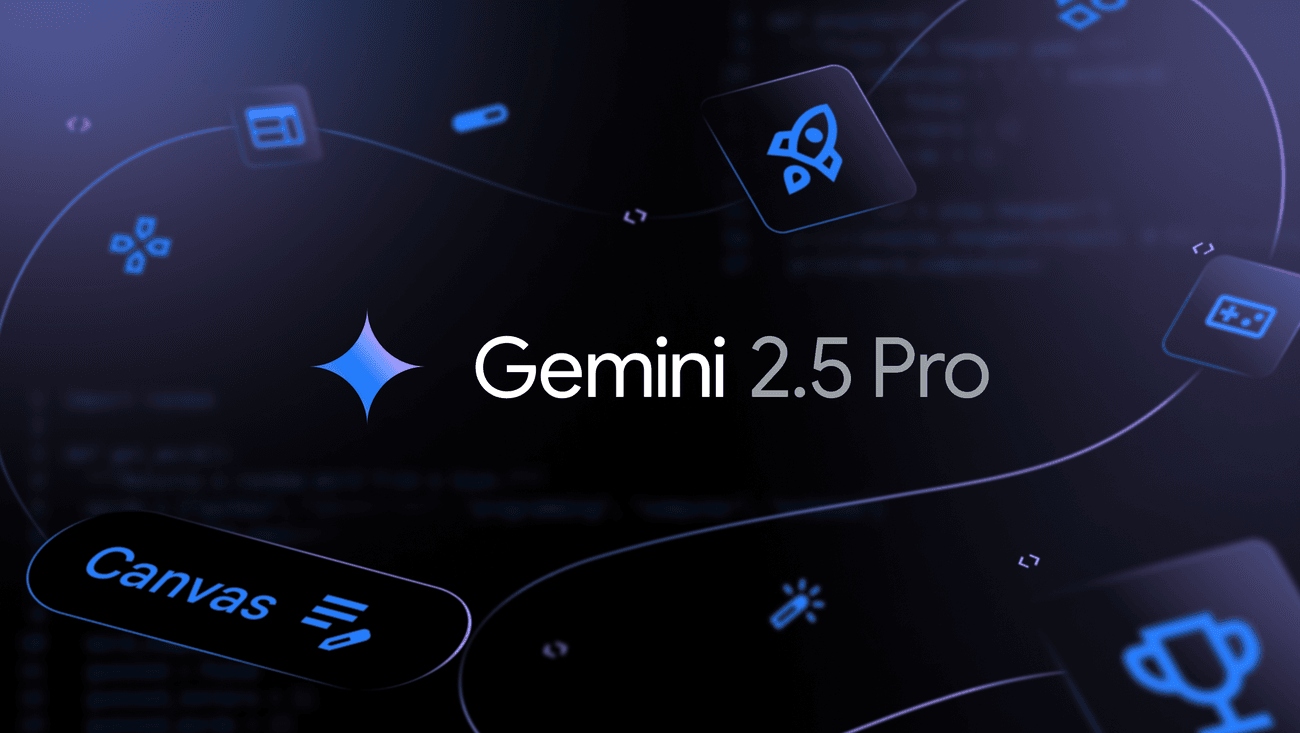
Gemini 2.5 Pro is the most powerful AI model Google has ever made. It now ranks as the top model on testing websites that compare different AI systems. This means it performs better than competitors on many different tasks.
The most interesting new feature is Deep Think mode. This makes the AI spend more time thinking about difficult problems before giving you an answer. Instead of rushing to respond, it considers multiple solutions and picks the best one. This helps with complex math problems and coding tasks.
Google also made the model much more secure and safe to use. It can better protect against tricky prompts that try to make AI do bad things. The regular version is available now, but Deep Think mode is still being tested with a small group of users before everyone gets access to it.
Creating Videos Just Got Easier: Veo 3 and Flow
Google just ended what they call the "silent era" of AI video creation. Their new tool called Veo 3 can make videos that include sound effects, background music, and even people talking. Other AI video tools make silent videos, but Veo 3 creates complete scenes with audio that matches perfectly.
Along with Veo 3 comes Flow, a new app for making movies. You can describe a scene in words, and Flow will create a short video clip for you. You can then combine multiple clips to make longer videos or even short films.
This opens up filmmaking to people who have never made videos before. You do not need expensive equipment or technical skills. Just describe what you want to see, and the AI creates it for you. Flow is available now for people who pay for Google's AI Pro or AI Ultra plans in the US.
Better AI Images: Imagen 4 Makes Everything Look Real
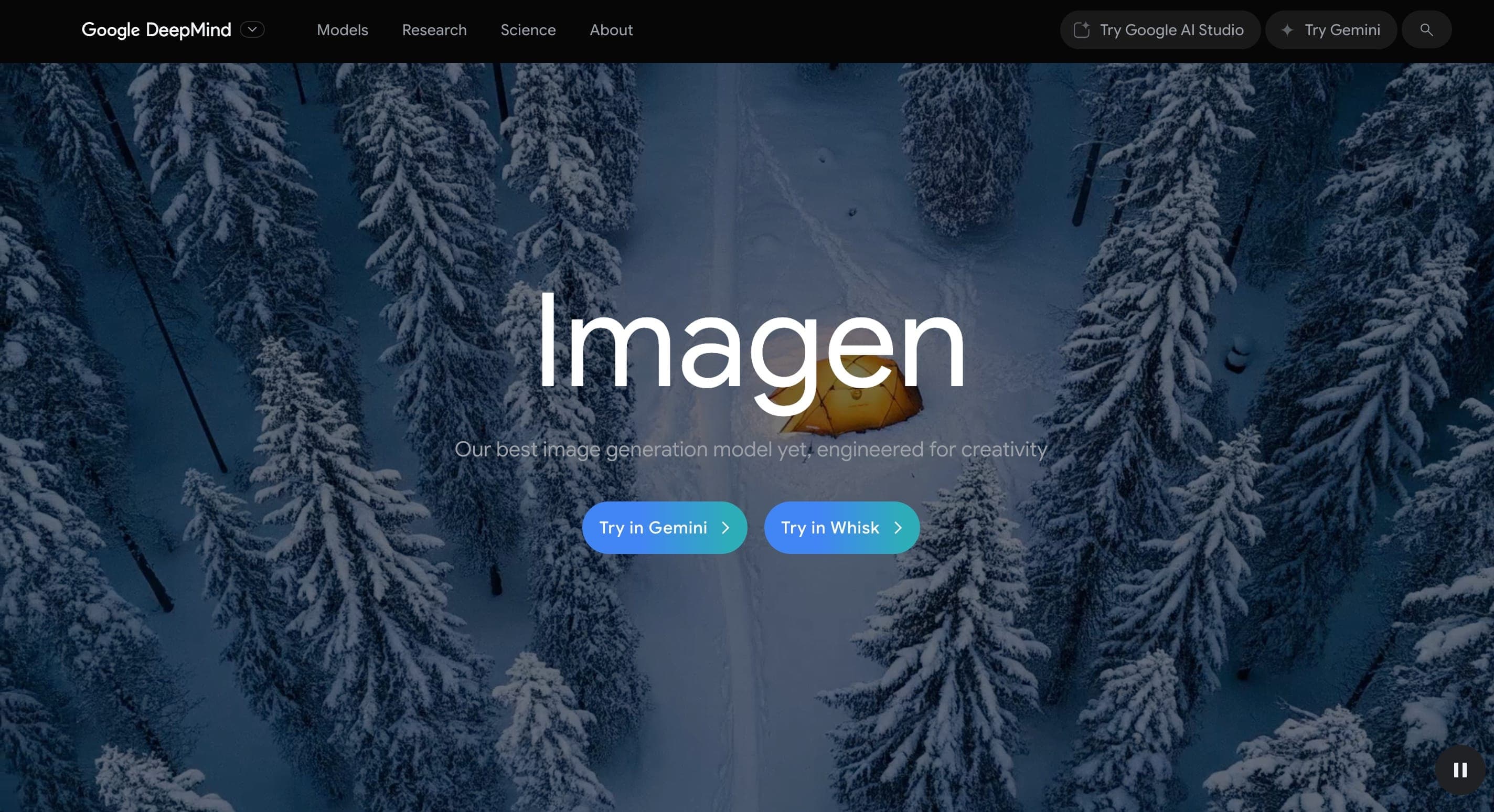
Google's image creation tool got a major upgrade with Imagen 4. The new version makes images that look much more realistic and detailed. It can now create pictures in 2K resolution, which means they are sharp enough to print or use in professional projects.
The biggest improvement is with small details. Imagen 4 can create realistic-looking fur on animals, water droplets, and fabric textures that look real when you zoom in. It works well for both realistic photos and artistic styles.
One problem that has bugged AI image tools is making text and letters look right. Imagen 4 finally fixes this issue, so you can create posters, greeting cards, and other designs with proper text. Google is also working on a faster version that will be ten times quicker than the previous model. You can start using Imagen 4 today in the Gemini app.
As per the limits for images, free Gemini users can typically generate around 10–20 images per day, depending on overall service demand and usage. Gemini Advanced subscribers (paid tier) have significantly higher limits, usually up to 100–150 image generations per day.
The Future of Smart Glasses: Project Astra and Android XR
Google showed off smart glasses that work like having a personal AI assistant right in front of your eyes. Project Astra powers these glasses with real-time help for everything you see. Point at a restaurant and ask for reviews, or look at text in another language and get instant translation.
Android XR is the system that makes these glasses work. Google is partnering with Samsung to make the first headset, plus working with Warby Parker and Gentle Monster for everyday glasses that look normal but have AI inside.
The glasses can give you directions without looking at your phone, take photos when you ask, and even help you have conversations with people who speak different languages. Some prototypes are being tested now, but there is no set date when regular people can buy them yet.
Video Calls in 3D: Google Beam Changes Remote Work
Google Beam takes video calls to a whole new level by making them feel like you are in the same room as the other person. This technology used to be called Project Starline, but now it is becoming a real product that businesses can actually use.
The system uses six cameras to record you from different angles, then AI combines these views to create a 3D image. The person you are talking to sees you as if you are sitting right across from them, not on a flat screen like regular video calls.
You do need special equipment though. Both people need to sit in custom booths that Google and HP are building. The first business customers will get these setups later this year. Google Beam also includes real-time translation that keeps your voice and expressions while changing the language.
Tools for Developers: Making AI Apps Easier to Build
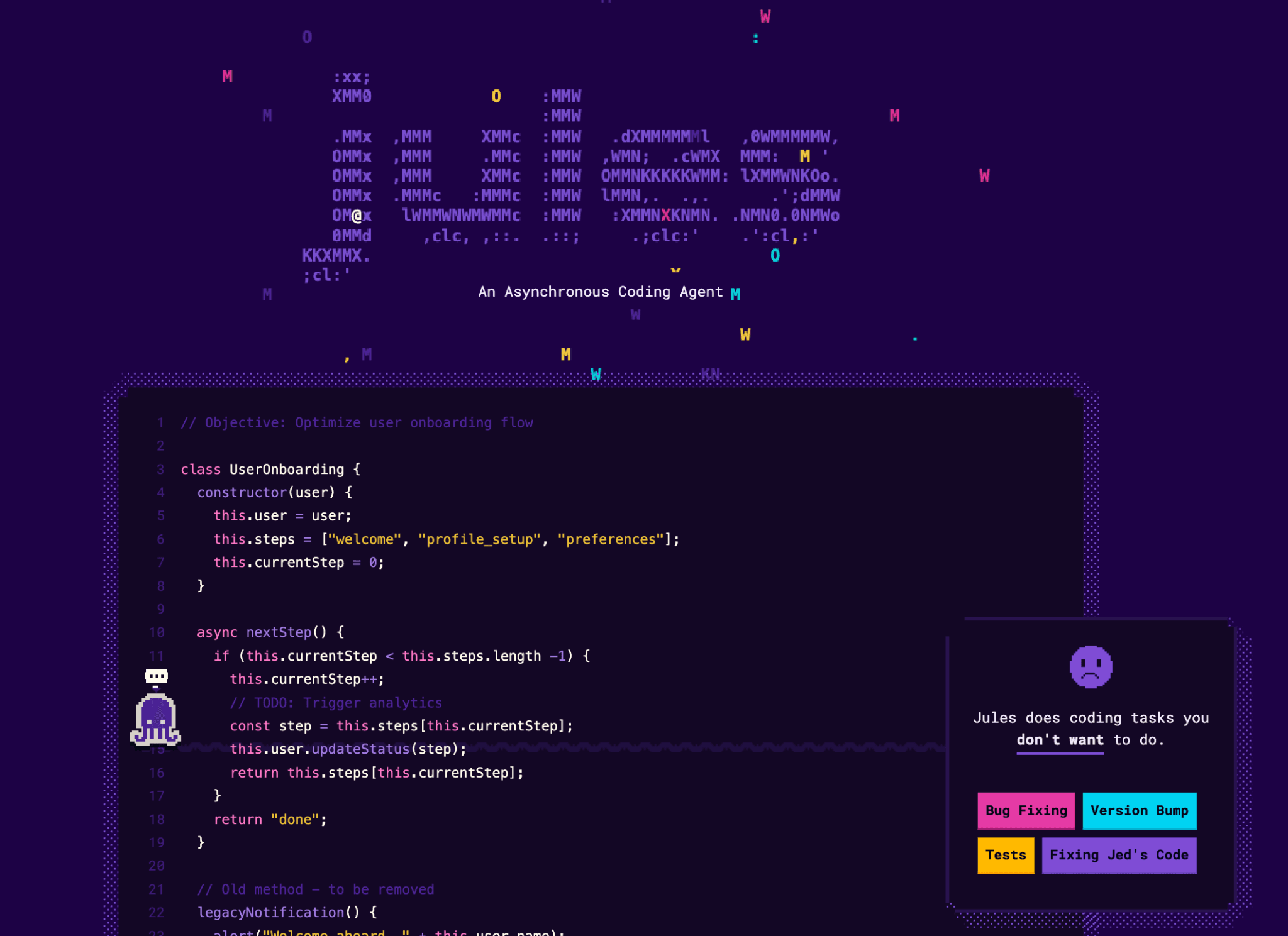
Google announced several new tools that make building apps with AI much simpler. Even if you are not a programmer, these changes will affect the apps you use every day by making them smarter and more helpful.
Jules is an AI assistant that helps developers fix bugs and understand complex code on GitHub. Stitch lets people create app designs just by describing what they want in words or showing a picture. Android Studio, where many mobile apps are built, now has AI features that can write code and test apps automatically.
These tools mean developers can build better AI-powered apps faster and with fewer mistakes. This should lead to more apps that understand what you need and help you get things done without so much tapping and typing. Most of these tools are available now for developers to start using.
Everyday Google Apps Get AI Powers
Google is adding AI features to the apps you probably use every day. Gmail will soon write email replies that sound like you wrote them. The AI looks at your past emails and files to understand how you normally write, then creates responses that match your style and tone.
NotebookLM got new features for turning your documents into audio summaries that sound like a podcast. Soon it will also create video summaries with narration to help you understand complex information faster. Chrome browser now has Gemini built in for paid users, so you can ask it to summarize web pages or help you navigate websites.
Google Meet added real-time translation that lets you talk to people who speak different languages. The translation happens instantly while keeping your voice and expressions natural. Most of these features are rolling out now, with some coming later this year.
How to Access These New Features Today
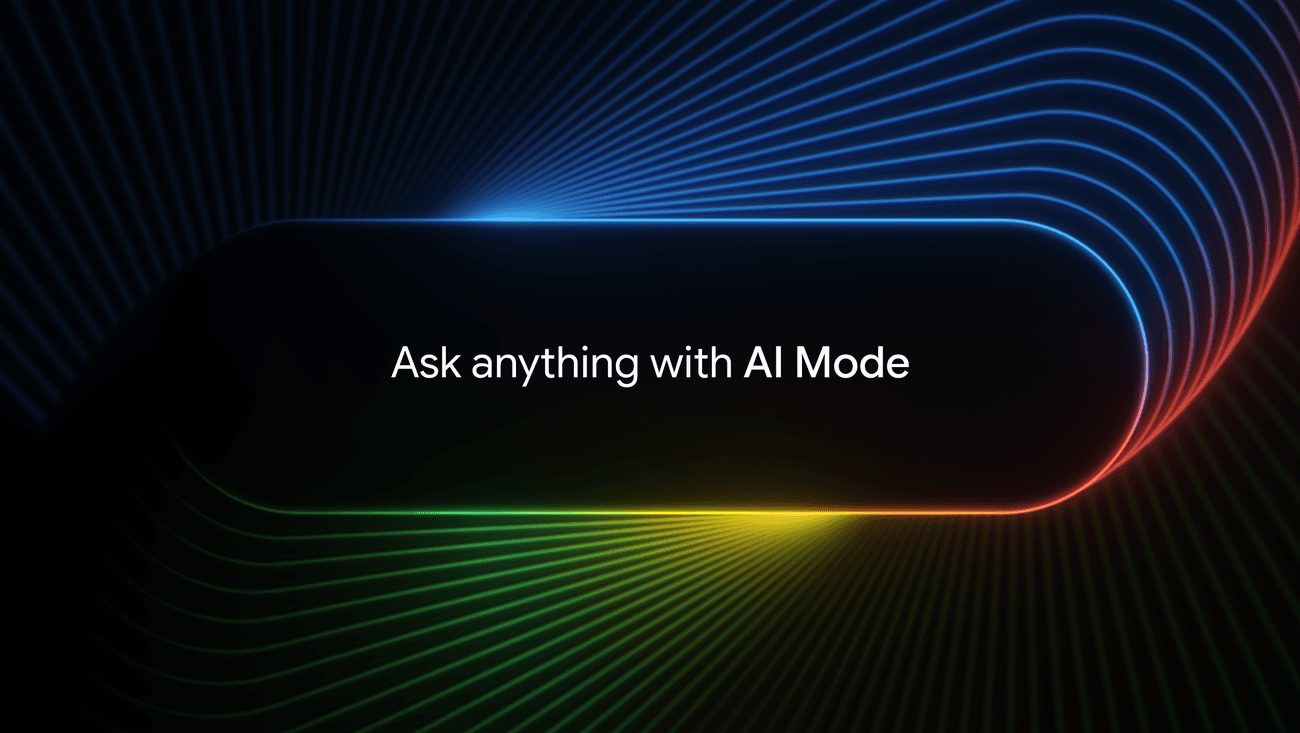
Getting started with these new AI features is pretty simple, and many are available right now. For AI Mode in Google Search, just go to Google and look for the AI Mode option, or visit Google Labs to opt in early if you are in the US.
Gemini Live is free for everyone, so download the Gemini app on your phone and start talking to it. The camera sharing features work on both Android and iPhone. For Imagen 4, open the Gemini app and ask it to create images - the new model is already running.
If you want advanced features like Veo 3 video creation or Flow, you need to pay for Google AI Pro or Ultra plans. Chrome with Gemini requires a paid plan too. Some features like Deep Think mode and smart glasses are still being tested, so you will have to wait for those.
Google AI Pro costs $20 per month and includes special apps like Flow for making videos.
Google AI Ultra costs $250 dollars per month and gives you everything Google has. This includes the most powerful AI models, highest usage limits, and premium features before anyone else gets them. It also comes with YouTube Premium and lots of storage space. Students in some countries can get free upgrades for a whole school year.
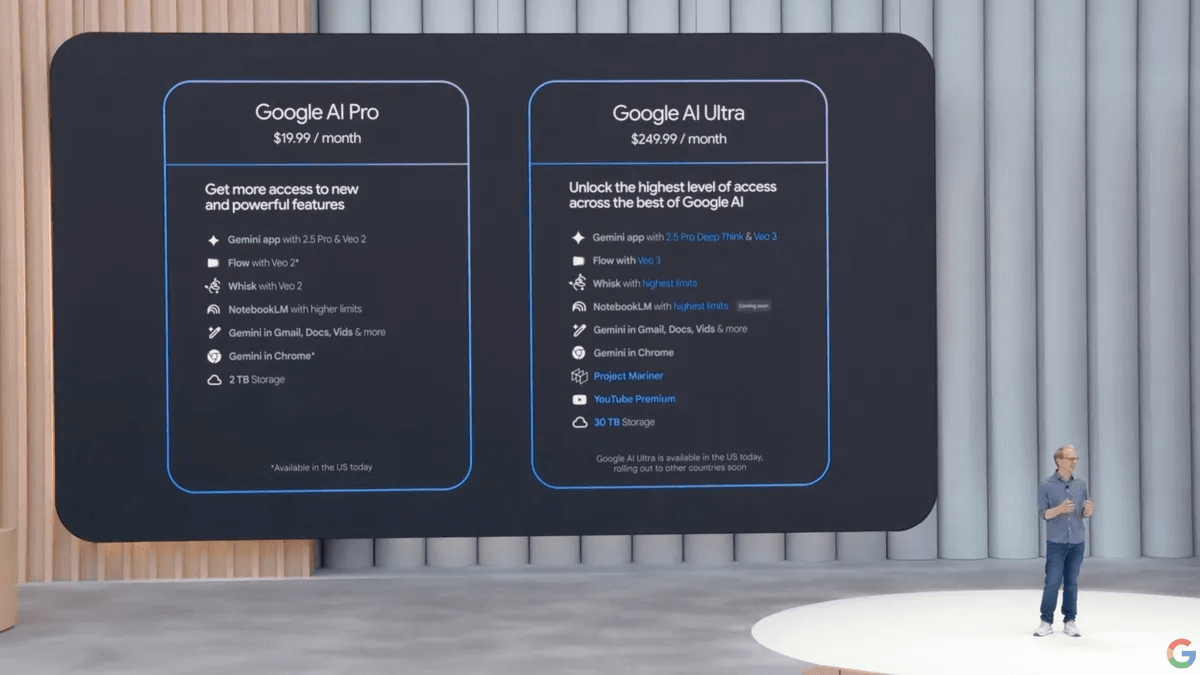
What This Means for You: Practical Impact of These Changes
These AI updates will change how you use technology every day, even if you stick with free features. Your Google searches will give you complete answers instead of just links. Emails will write themselves in your style. Video calls will translate languages in real time.
For content creators, you can now make professional videos and images without expensive software or technical skills. Students and researchers get AI that can turn documents into easy-to-understand summaries.
The biggest change is that technology will start feeling more like talking to a smart assistant rather than learning complicated software. However, the most powerful features cost money, so you will need to decide if the benefits are worth paying for premium plans.
Conclusion: The Big Picture of Google's AI Strategy
Google I/O 2025 shows that Google is serious about leading the AI race against OpenAI and Microsoft. With Gemini 2.5 Pro, multimodal capabilities, and AI integration across all products, Google is building a complete AI ecosystem rather than just single tools.
The most exciting part is how these features work together. Your search connects to your emails, which connect to your calendar, creating one smart system that knows what you need. Most basic features are free, making AI accessible to everyone.
These changes will roll out over the next year, with some features available now and others coming later. Start with free features like Gemini Live and AI Mode to see how AI can help you. The future looks like AI will become as common as using apps today, and Google wants to be your main AI companion.

Comments
Your comment has been submitted